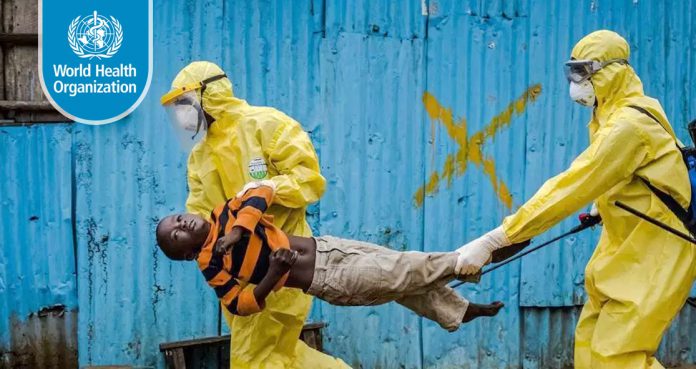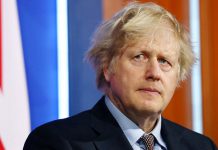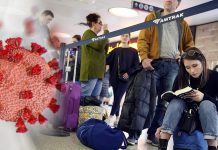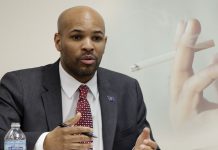The ongoing Ebola outbreak in the Democratic Republic of Congo (DRC) is the world’s second largest Ebola outbreak, which has killed more than 1,100 people. The efforts to combat the DRC Ebola outbreak have been hampered by community distrust and frequent militia violence.
On Monday, the World Health Organization (WHO) chief said that the risk of Ebola spreading within DRC and the neighboring countries remained “very high.” The agency has branded the hemorrhagic fever as the “public enemy number one.”
The WHO director-general Dr. Tedros Adhanom Ghebreyesus said, “Ebola does not take sides. It is the public enemy number one. It is one of the most complex health emergencies we have ever faced.”
Since the outbreak began in August, more than 1,100 people have died. The WHO said that nearly 200 people have died of Ebola in May alone.
Dr. Tedros said, “Unless we unite to end this outbreak we run the risk it will become more widespread and more expansive and more aggressive. We are not just fighting a virus. We’re fighting insecurity. We’re fighting violence.
He added, “We’re fighting misinformation… and we’re fighting the politicization of an outbreak. The risk of the spread of Ebola remains very high.”
Ebola is an extremely contagious disease and spreads through contact with bodily fluids. The infection causes a hemorrhagic fever with symptoms of severe vomiting, diarrhea, and bleeding, which could be often fatal.
Since January, there have been many violent attacks on Ebola medical centers and workers by armed militants. In April, local rebels killed a WHO doctor from Cameroon who was deployed in response to the Ebola epidemic.
Dr. Tedros warned, “Every attack gives the virus an advantage and prevents health workers from acting.”
The agency has warned that it is unlikely to contain the current Ebola outbreak unless violence stops.
The WHO stated, “Without commitment from all groups to cease these attacks, it is unlikely that this EVD (Ebola virus disease) outbreak can remain successfully contained in North Kivu and Ituri provinces.” Community distrust is another problem that has made things difficult in DRC. However, Dr. Tedros emphasized some important gains. He said that the WHO has been successful in vaccinating nearly 120,000 people against Ebola. He also said that there have been no cases have been recorded in neighboring Uganda and Rwanda.























